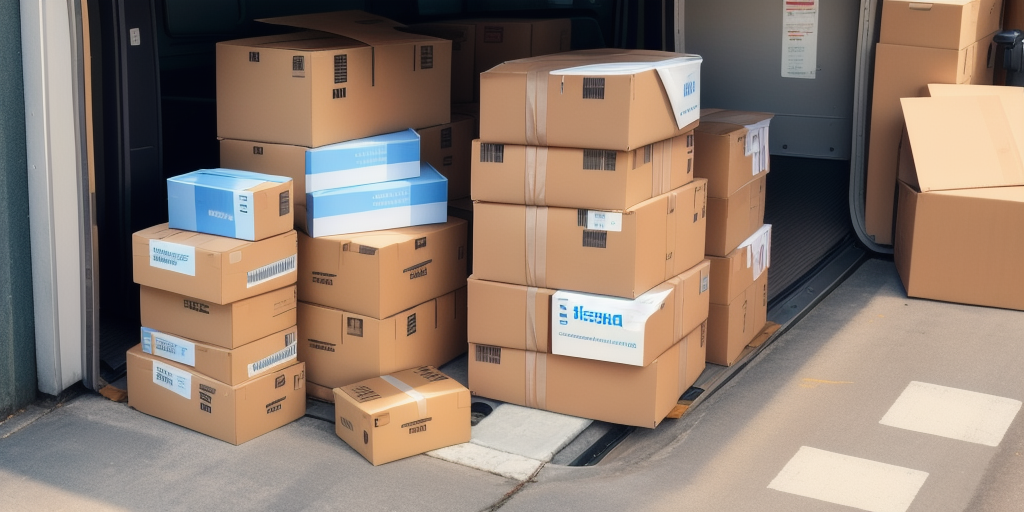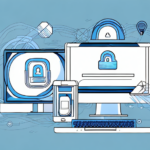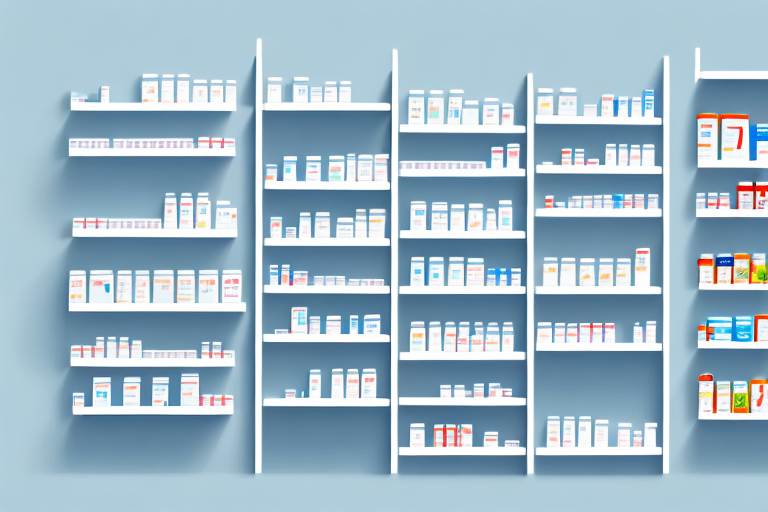HIPAA Overview and Importance for Delivery Services
The Health Insurance Portability and Accountability Act (HIPAA) was enacted in 1996 to enhance the efficiency and quality of healthcare services while safeguarding patients' privacy. HIPAA applies to covered entities, including healthcare providers, health plans, and healthcare clearinghouses, as well as their business associates such as delivery services that handle protected health information (PHI).
For delivery services dealing with medical supplies, equipment, or medication, understanding and complying with HIPAA is crucial. Compliance ensures the confidentiality, integrity, and availability of PHI during transport, thereby protecting patient privacy and avoiding substantial legal and financial repercussions.
Key HIPAA Regulations Impacting Delivery Services
Privacy Rule
The Privacy Rule establishes national standards for the protection of individuals' PHI. It restricts the use and disclosure of PHI without patient authorization and mandates that covered entities provide patients with a notice of their privacy practices.
Security Rule
The Security Rule requires covered entities to implement administrative, physical, and technical safeguards to ensure the confidentiality, integrity, and availability of electronic PHI (ePHI). This includes measures such as access controls, encryption, and regular security assessments.
Breach Notification Rule
The Breach Notification Rule mandates that covered entities must promptly notify affected individuals, the Department of Health and Human Services (HHS), and, in some cases, the media, in the event of a PHI breach.
Steps to Ensure HIPAA Compliance in Delivery Services
Appointing Privacy and Security Officers
Designate individuals responsible for overseeing HIPAA compliance. These officers should ensure that policies are followed, conduct regular training, and stay updated on HIPAA regulations.
Conducting Regular Risk Assessments
Perform comprehensive risk assessments to identify potential vulnerabilities in handling PHI. Address identified risks by implementing appropriate safeguards to mitigate threats.
Implementing Administrative, Physical, and Technical Safeguards
Administrative Safeguards: Develop policies and procedures, conduct workforce training, and manage information access.
Physical Safeguards: Secure physical access to facilities and devices that store PHI using locks, security systems, and controlled access protocols.
Technical Safeguards: Utilize encryption, secure user authentication, and audit controls to protect ePHI from unauthorized access.
Consequences of HIPAA Non-Compliance
Civil and Criminal Penalties
Non-compliance can result in significant fines ranging from $100 to $50,000 per violation, with an annual maximum of $1.5 million for repeated offenses. In severe cases, criminal charges may be filed, potentially leading to imprisonment.
Reputational Damage
HIPAA violations can severely damage a company's reputation, leading to loss of trust among clients and partners, and potentially resulting in decreased business opportunities.
Legal Actions and Litigation
Individuals affected by HIPAA breaches may pursue legal action against the offending entity, leading to costly lawsuits and settlements. According to the U.S. Department of Health & Human Services, the number of reported breaches affecting 500 or more individuals has been increasing, highlighting the importance of compliance.
Best Practices for Handling PHI During Deliveries
Secure Transport of PHI
Utilize secure vehicles and locking containers to transport PHI, ensuring that information remains protected throughout the delivery process.
Training Delivery Personnel
Provide comprehensive HIPAA training to all delivery staff, emphasizing the importance of PHI protection and the specific protocols they must follow to maintain compliance.
Implementing Secure Communication Channels
Use encrypted messaging and email services when transmitting PHI to prevent unauthorized access. Ensure that all electronic devices accessed by delivery personnel are password-protected and equipped with up-to-date security software.
The Role of Technology in HIPAA Compliance
Encryption and Secure Data Transmission
Implement encryption technologies to secure PHI during transmission and storage, reducing the risk of data breaches.
Tracking Systems and Auditable Records
Employ tracking systems to monitor the movement of PHI and maintain auditable records that demonstrate compliance with HIPAA regulations.
Remote Wipe and Device Security
Use technologies that allow for the remote wiping of lost or stolen devices containing PHI to prevent unauthorized access and data breaches.
Ensuring HIPAA Compliance with Third-Party Vendors
When collaborating with third-party vendors who handle PHI, delivery services must ensure these partners are also HIPAA compliant. This includes signing Business Associate Agreements (BAAs) that outline each party's responsibilities in protecting PHI. Regular audits and monitoring should be conducted to verify ongoing compliance.
For more information on business associate agreements, refer to the HHS guidelines.
Handling Breaches of PHI During Deliveries
In the event of a PHI breach, delivery services must act swiftly to mitigate damage. This involves:
- Notifying affected individuals and relevant authorities in accordance with the Breach Notification Rule.
- Investigating the breach to identify its cause and implement measures to prevent future incidents.
- Providing support to affected individuals, such as credit monitoring services, if necessary.
Timely and effective breach response is critical to minimizing legal and financial repercussions.
Future Trends in HIPAA Compliance for the Delivery Industry
As the delivery industry evolves with advancements like telemedicine and remote patient monitoring, HIPAA compliance will continue to be paramount. Emerging technologies such as blockchain and artificial intelligence present both opportunities and challenges for maintaining PHI security. Staying informed about regulatory changes and adopting innovative security solutions will be essential for delivery services to remain compliant and protect patient information effectively.
For ongoing updates and best practices, consult resources like the HHS HIPAA for Professionals.




















